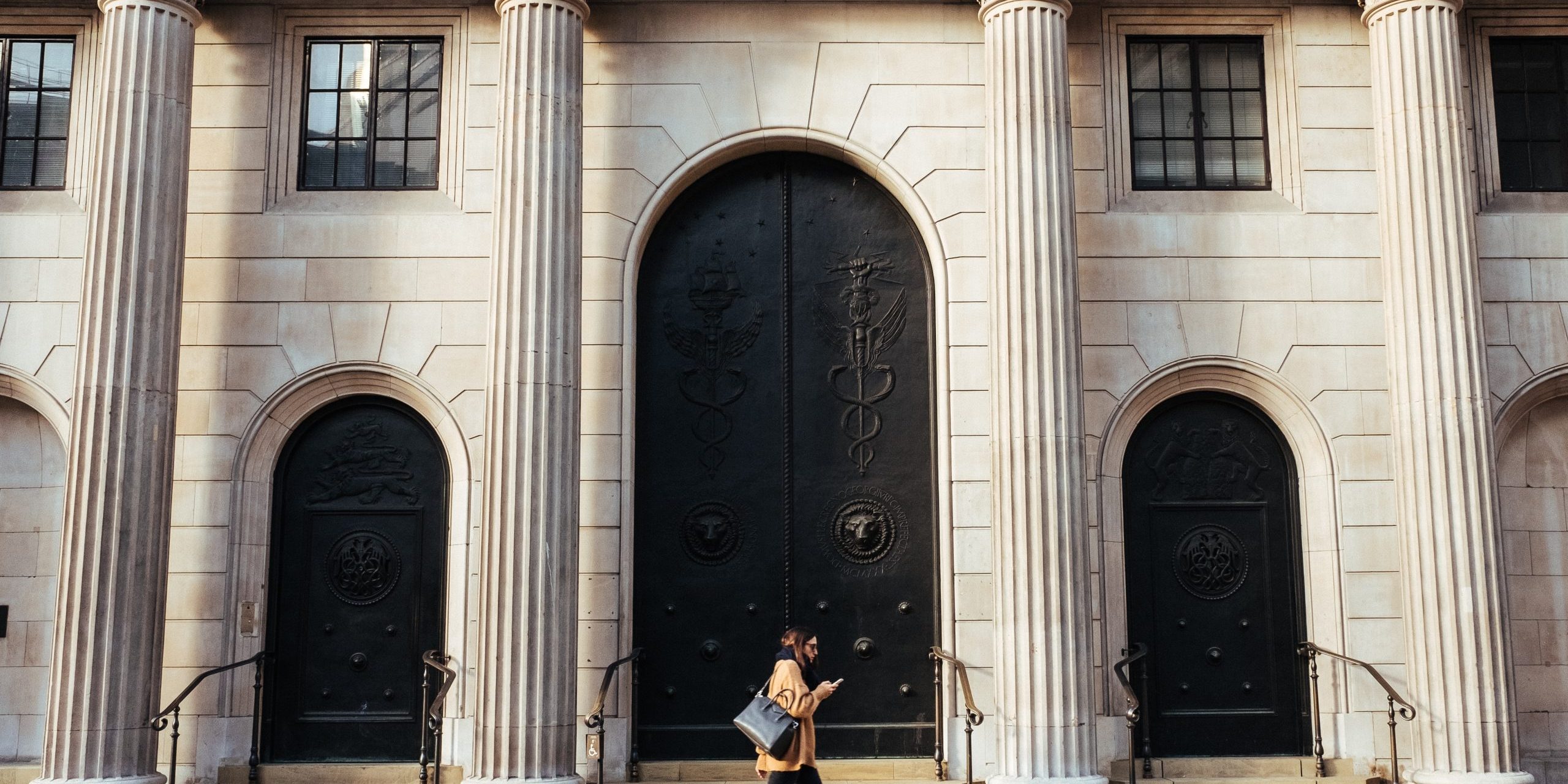The Bank of Greece, the central bank for the country, is considering setting up a “bad bank” in order to deal with sour loans that are weighing down the country’s banking industry.
Thanks to the coronavirus pandemic the country has seen the number of non-performing loans (NPLs) surge at such a rate that the Bank of Greece have declared tackling them a priority. The central bank said it could not determine the exact extent of the rise but it is thought to be substantial.
The bank is currently processing a specific proposal for the implementation of a vehicle that will deal with problematic assets for Greek banks. With the coronavirus pandemic still impacting economies across the world, forecasters predict that the number of NPLs in Greece is likely to grow further.
Central Bank governor Yannis Stournaras stated previously that one of the options the country was considering in order to ease the burden of the sour loans was the setting up of a bad bank and deploying extra tools to combat them.
The setting up of a bad bank wouldn’t be the first step that the Bank of Greece has taken in order to help Greek banks to deal with bad loans. The Hercules Asset Protection Scheme (HAPS) tool allowed Greek banks to offload up to €32 billion in bad loans last year.
The HAPS tool works in a similar way to the GACS model in Italy and offloads bad loans by bundling them into asset-backed securities which are then sold on to investors.
As of March 2019 it’s estimated that Greece’s bad loans made up a total of 37.3% of all loans in the country with banks aiming to get this figure down to less than 20% by the end of next year.
The Bank of Greece is thought to have decided that the original plan to reduce NPLs across the country through securitisation couldn’t be implemented fast enough in order for banks to be able to play their customary role and help finance the economy.






